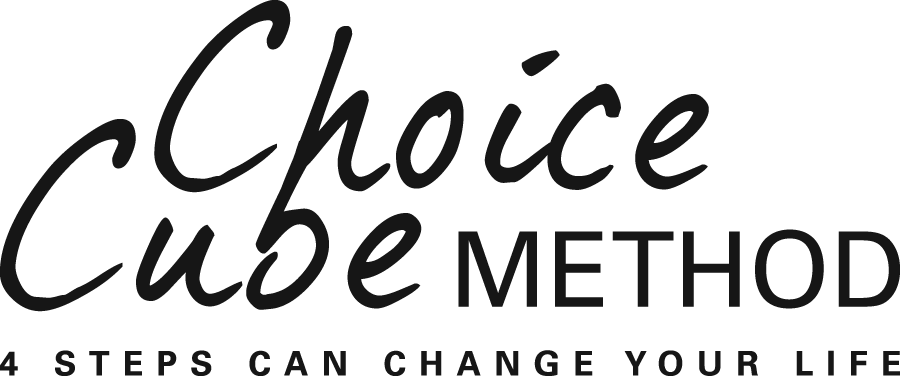4 Things That Keep You From Changing
/ Most of us understand at one point or another that there is something we should change in our lives. But we are unable to make this change. Why? Because we resist change. It's as simple as that. Instead of changing, we are stuck making the same unwise, inappropriate choices, time and again. But before we can break this vicious pattern of resistance, we must understand that there are four areas of inward reactions, four tendencies that keep us stuck and far from changing.
Most of us understand at one point or another that there is something we should change in our lives. But we are unable to make this change. Why? Because we resist change. It's as simple as that. Instead of changing, we are stuck making the same unwise, inappropriate choices, time and again. But before we can break this vicious pattern of resistance, we must understand that there are four areas of inward reactions, four tendencies that keep us stuck and far from changing.
1. Body: We Regress Under Stress, or “I just want to survive!”
With enough emotional, physical or mental stress, anyone will shift into survival mode. Our body takes charge, and all we want is to reach a safe place or get what we want. Rather than remain present and focused on solving the problem, we reach back to earlier experiences for familiar ways of coping. And we use these old coping mechanisms regardless of whether they are truly appropriate.
2. Emotions: Repetition Compulsion, or “I have to do it again it until I get it right!”
If a problem remains unresolved, it will keep cropping up to demand resolution. Emotions that Wwe have failed to release and distorted thoughts drive us. We feel compelled to create situations that are similar to the original wound, loss or trauma. This is a reflection of our unconscious need to resolve issues. There is always the hope that things will turn out differently this time. But because of our issues, and because we are accustomed to dealing with them in a certain way, we simply repeat the same old strategies only to end up with the same old results.
3. Mind: Projections and Self-Fulfilling Prophecies, or “I must make the world outside of me agree with the world inside my head.”
We feel the drive to make the external world conform to our internal world. This need for consistency makes out mind seek out or create whatever confirms our beliefs. And we reject whatever contradicts them. Mental defenses such as denial and repression help us achieve this. If we can’t create the familiar situation, then we will simply imagine it, or project it. We constantly give off signals to make others see us in agreement with the distortions and lies of our past wounds. One way or another, we make our present reality agree with our. It's as if we create a negative prophecy about ourselves and then bring it to pass--a "self-fulfilling prophecy
4. Will: The Path of Least Resistance, or “The devil I know is better than the devil I don’t know.”
It is natural to wish for things to remain the same rather than change; it maintains our homeostasis. There is also the fear of the unknown. Our innate, deep desire to keep things just the way they are, combined with our fear of the unknown, lead us to respond with the same strategies rather than move beyond our comfort zone-- our habitual ways of thinking, acting and feeling. This need to keep things the same makes us endure a dissatisfactory, often painful, present rather than face the discomfort of change and adjustment to something new. Instead of risking short-term pain for long-term gain, we choose short-term relief that leads to long-term pain. Wow!
Want to know how we can beat these old tendencies that hinder us and keep us from changing? The Choice-Cube Method® can help you. Dr. Beth Cujé, therapist and author of the book, Become the Person You Were Meant to Be, is giving you the opportunity to download the first chapter of the book for FREE. Just click here and see what the Choice-Cube Method® can do for you today.

